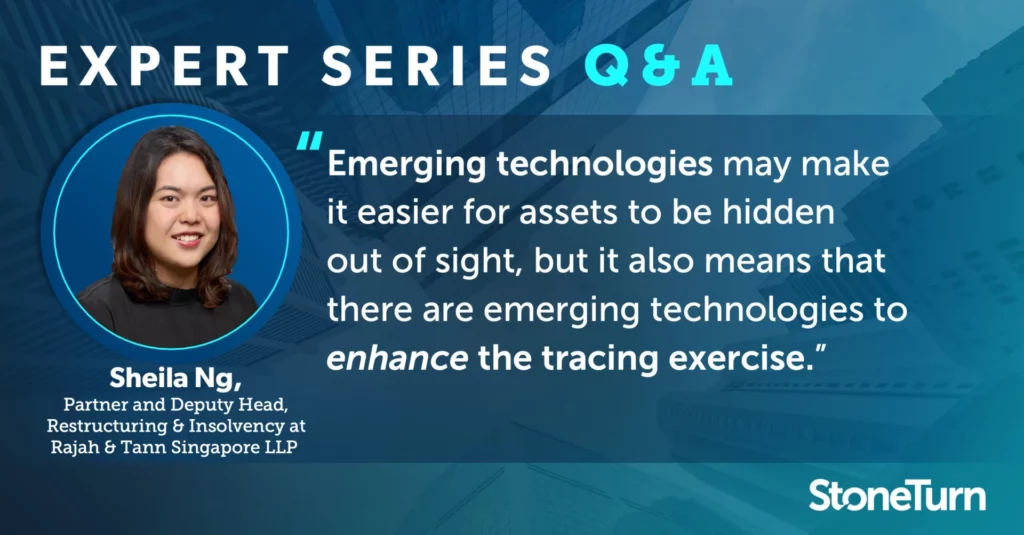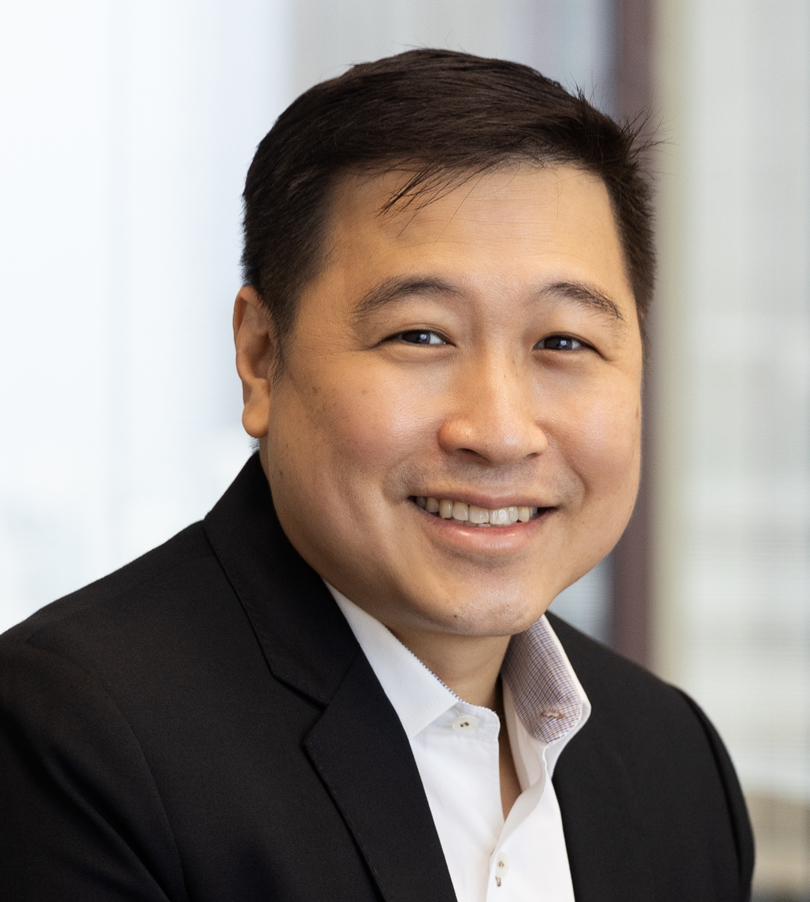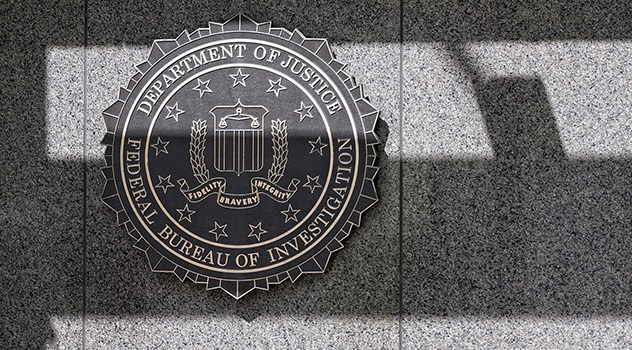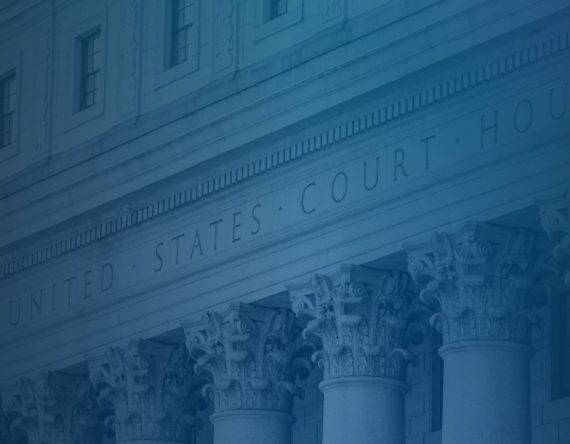I see you’ve been with Rajah & Tann since 2007, what has made Rajah & Tann the company to be at for nearly two decades?
The firm’s people and culture. We work hard, but we play just as hard. We thrive on a people-centric philosophy and this is epitomized by the firm’s commitment to and investment in the professional growth of its people. We launched the Rajah & Tann Asia Academy in recent years as part of that commitment.
Given your time at Rajah & Tann, what kind of work culture do you think drives employee retention and positive morale?
Employees are driven by a work culture that is underpinned by the commitment to care and excellence – excellence all around, and care for colleagues, care for clients and care for the community.
You started your career in criminal and commercial litigation and have expanded to encompass an impressive portfolio. How did you get to where you are today?
I am grateful to my mentors within the firm who had given me the opportunity to be involved in various high-stakes cross border disputes and multi-jurisdictional insolvencies particularly in the earlier days of my career, which has helped shaped my practice today.
I realized along the way that restructuring & insolvency, as well as asset recovery and investigations, were areas of practice that I particularly enjoyed. I therefore started to focus on that and undertook the Global Insolvency Practice Course offered by INSOL International and began to be more involved in the R&I community. I am also grateful to my mentors who had given me guidance and support as I charted my path.
When dealing with asset tracing there are a multitude of challenges you will encounter—including emerging technologies. Can you describe how these changes have impacted your work?
It goes both ways. Emerging technologies may make it easier for assets to be hidden out of sight, but it also means that there are emerging technologies to enhance the tracing exercise. For example, blockchain analytics are being used to trace virtual asset transactions.
Traditionally fraud has been thought of in the form of Ponzi schemes, check or credit card fraud, payroll fraud, business email compromise… With the new advances of AI the traditional way of thinking has gone out the window. What are some trends pertaining to fraud and AI?
Generative artificial intelligence (AI) can be used to create new media, which presents fraudsters with new opportunities to commit identity fraud, such as voice spoofing, email phishing and document forgery.
Has your career brought you to any cities that are on your bucket list?
Not yet, though I think I would rather be there on a holiday! Hopefully sooner than later, I would like to hike Machu Picchu in Peru, witness the migration of the wildebeest in Kenya, make a trip to the Galapagos Islands…. The list goes on!
What partnerships have you developed that you are particularly fond of?
I am a board member of the Singapore chapter of International Women’s Insolvency and Restructuring Confederation. It is a tight-knit bunch, and we get together regularly and organize events for the R&I community. I’m also particularly fond of the connections made within the fraud and insolvency circles, through the various initiatives and events organized by INSOL International, the International Insolvency Institute and ThoughtLeaders4.
You’ve worked on many high-profile insolvencies. How has this shaped your career?
It has been fundamental in shaping my practice and career. I fondly remember the early days of the MF Global insolvency, which was my first proper foray into the insolvency scene. I enjoy the adrenaline rush from the intensity of working on a restructuring or insolvency. The pace is quick, but I am not alone in it—it is also where camaraderie, teamwork and friendships grow.
There is a lot of talk of AI these days, what benefits and risks do you see that creating for the legal profession?
I think AI should improve the quality of legal advice over time with the improvement of legal analytics and make the administration of law more efficient. But it would take some time as it would take plenty of resources and effort to collate and present the data in the necessary form or format for analysis. And even so, I don’t think this means that lawyers would become redundant because a human touch would still be needed to make sense of the machine’s findings and put the analysis into human context, at least during my lifetime (I would like to think)!
What advice would you give to your younger self who is embarking on your legal career?
The practice of law is a marathon. Just do good work and focus on becoming a good lawyer, and you do not need to worry about what the future holds for you. And remember not to neglect your health, family and friends!






























